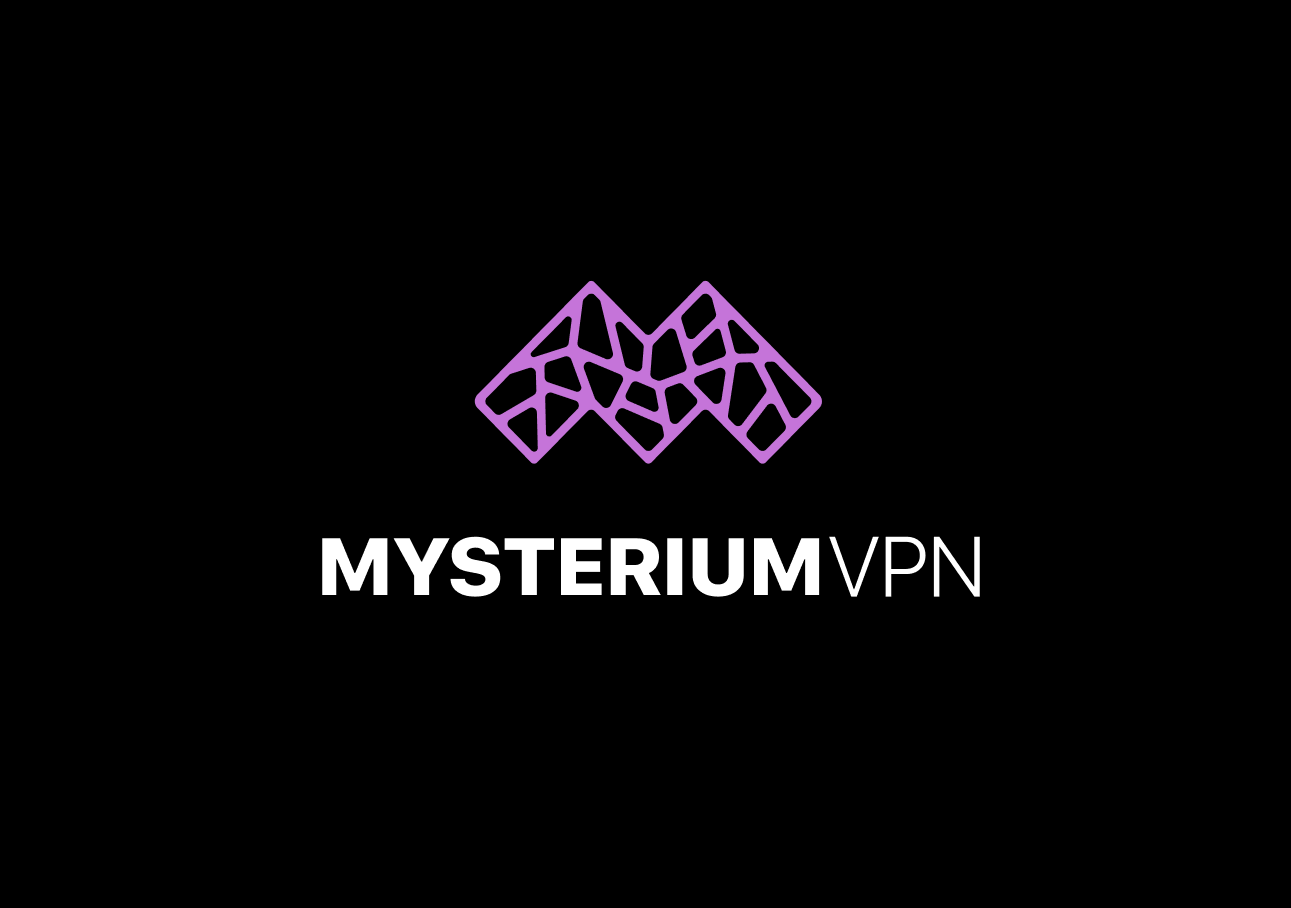Audio Presented by

Unlock global content, bypass geo-blocks, and enjoy secure browsing with Mysterium VPN!
About Author
Unlock global content, bypass geo-blocks, and enjoy secure browsing with Mysterium VPN!

Unlock global content, bypass geo-blocks, and enjoy secure browsing with Mysterium VPN!
Unlock global content, bypass geo-blocks, and enjoy secure browsing with Mysterium VPN!